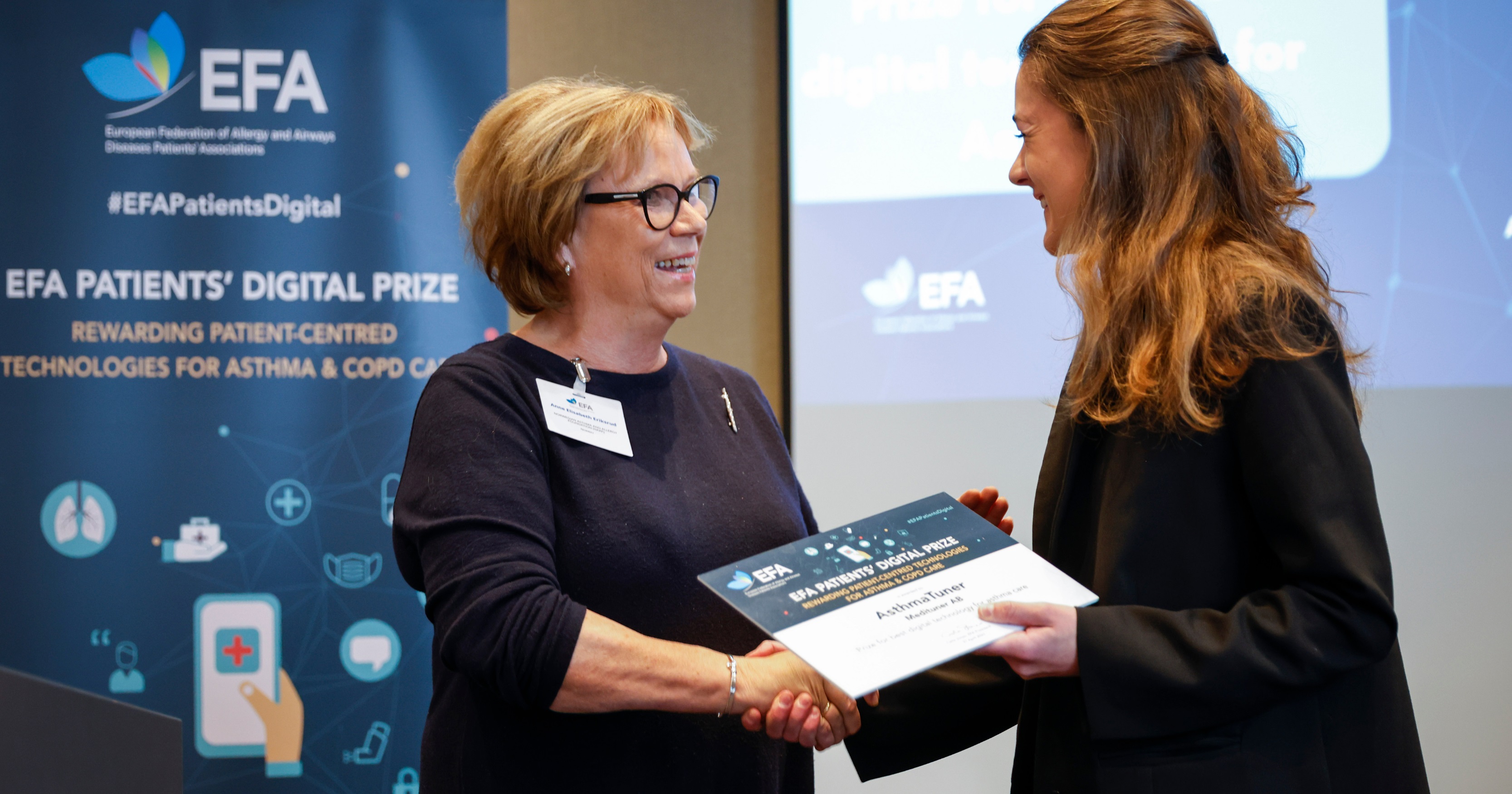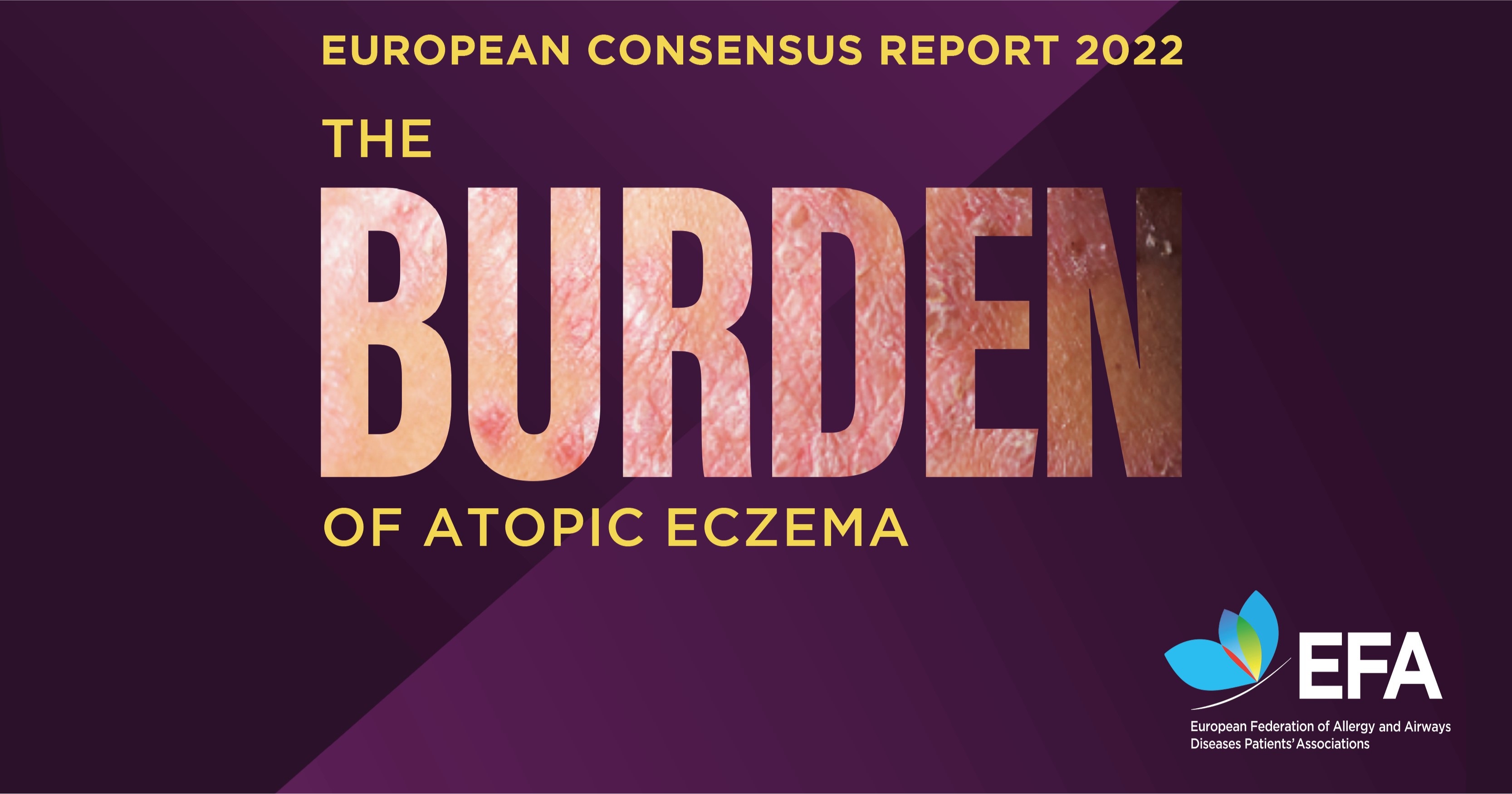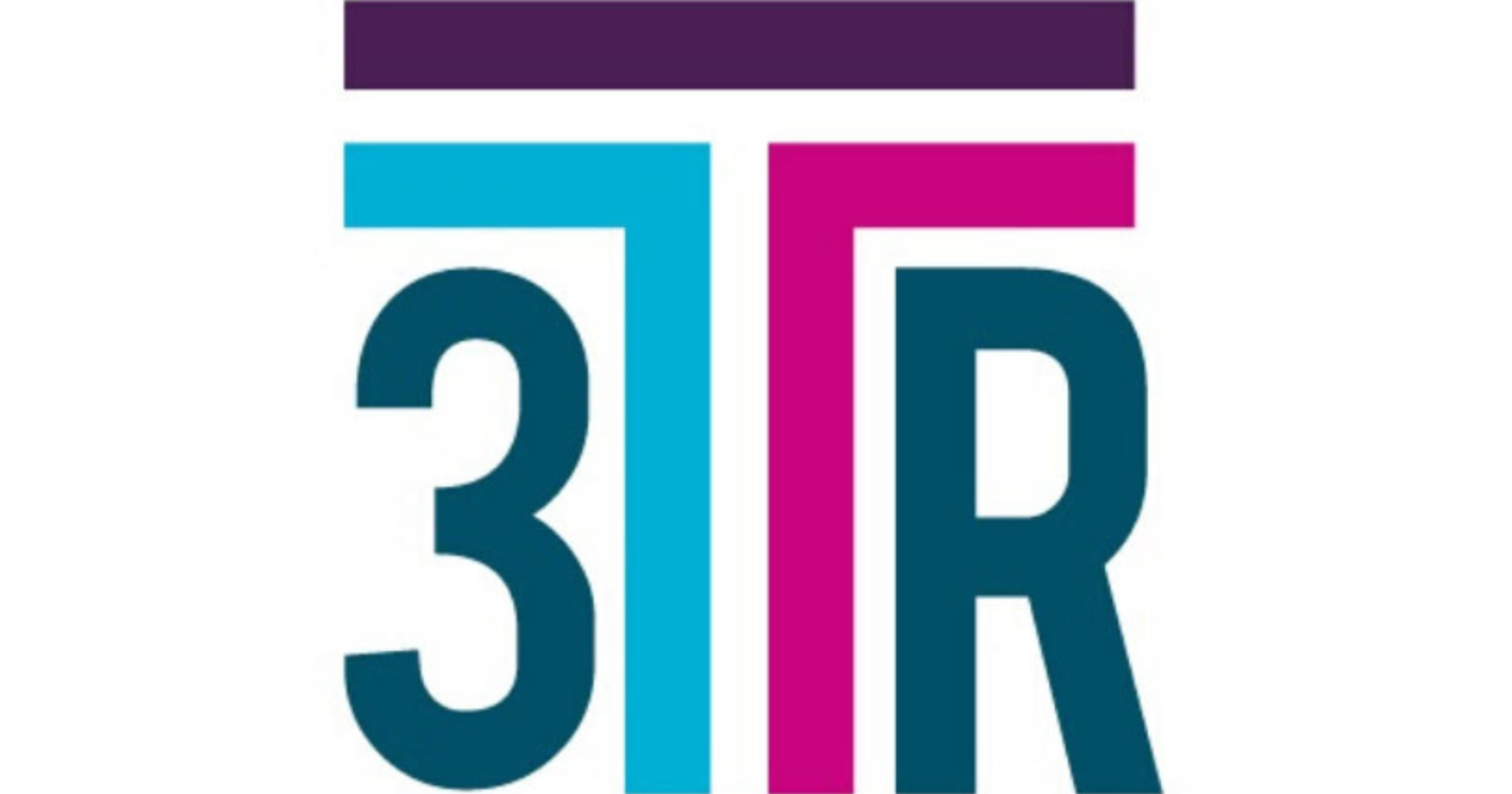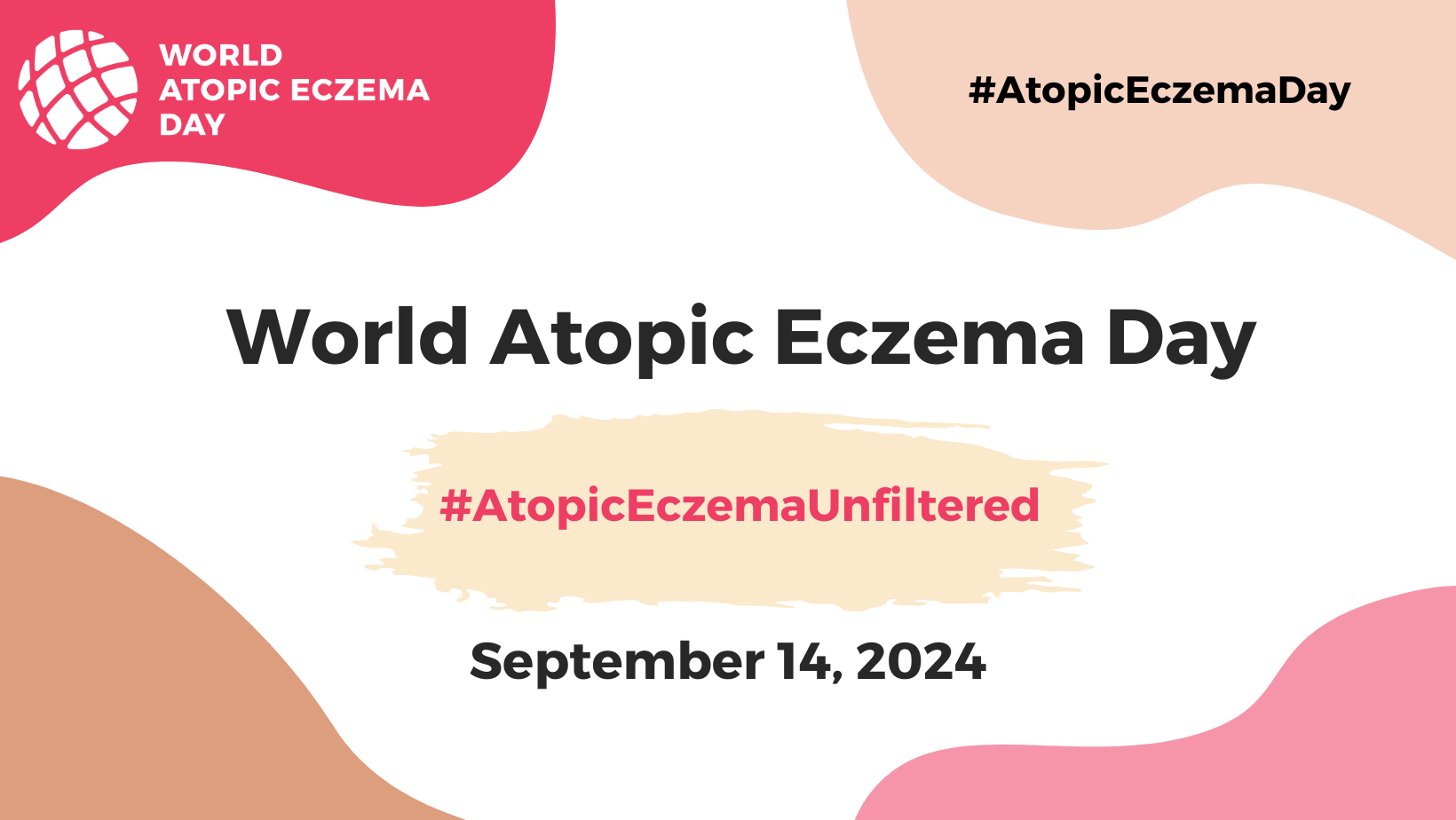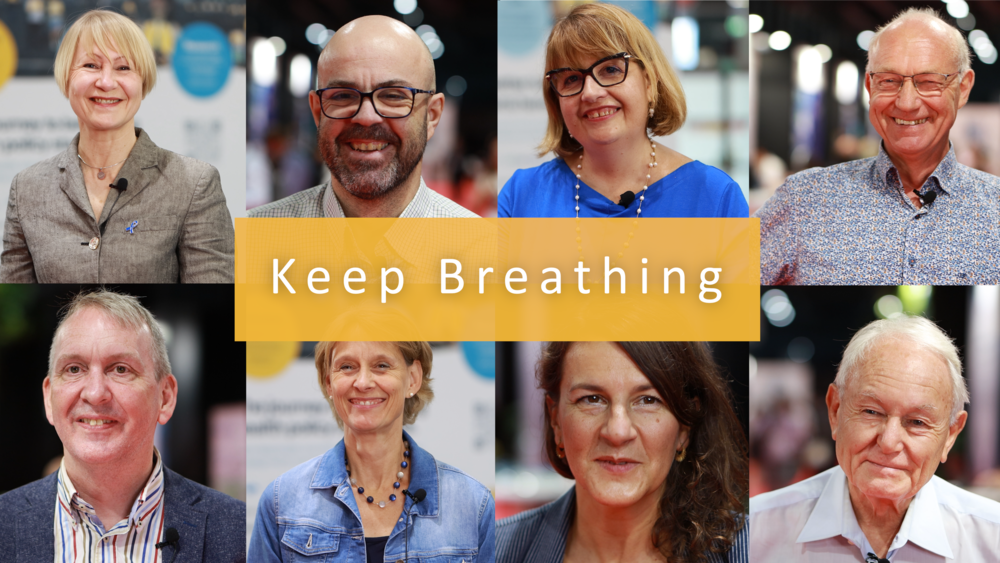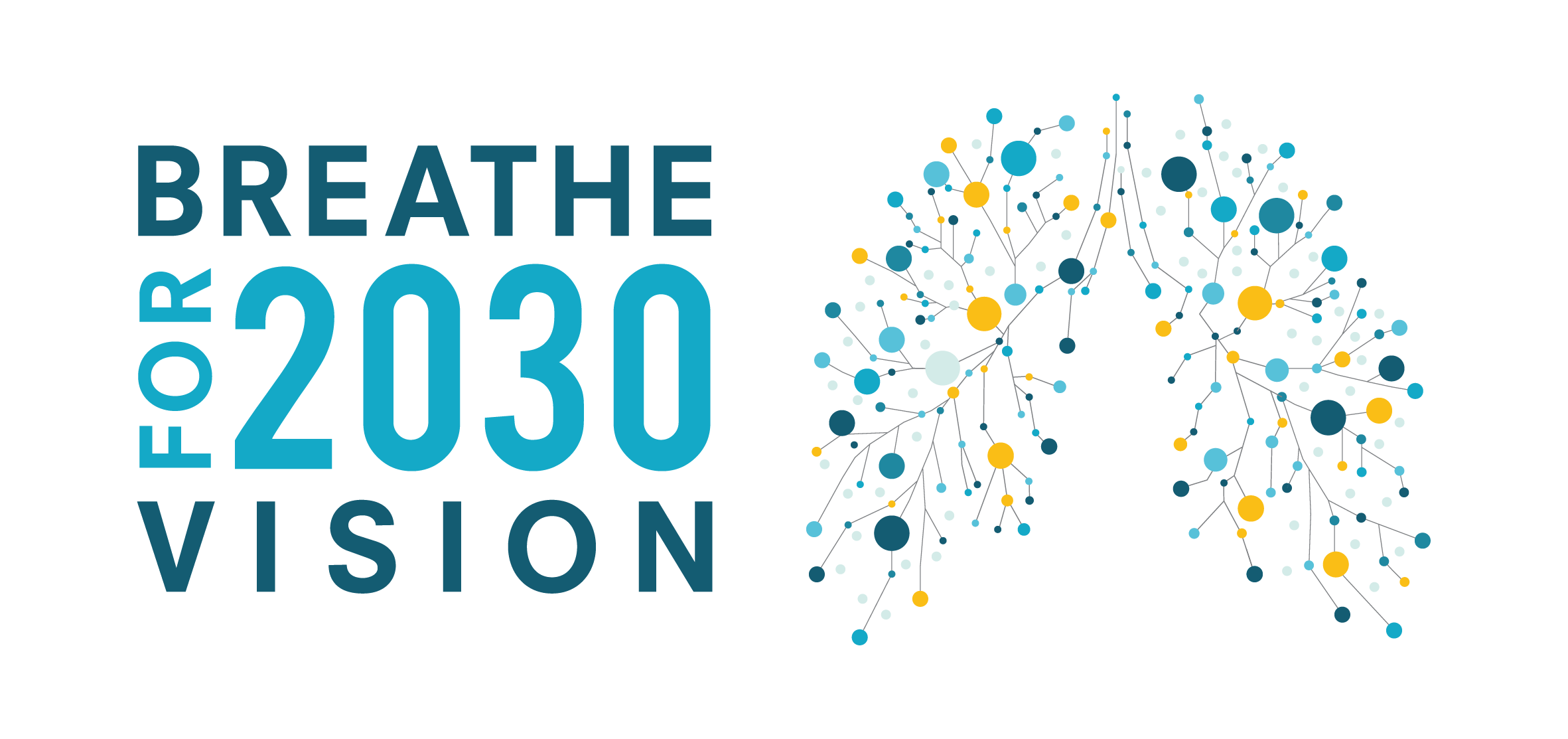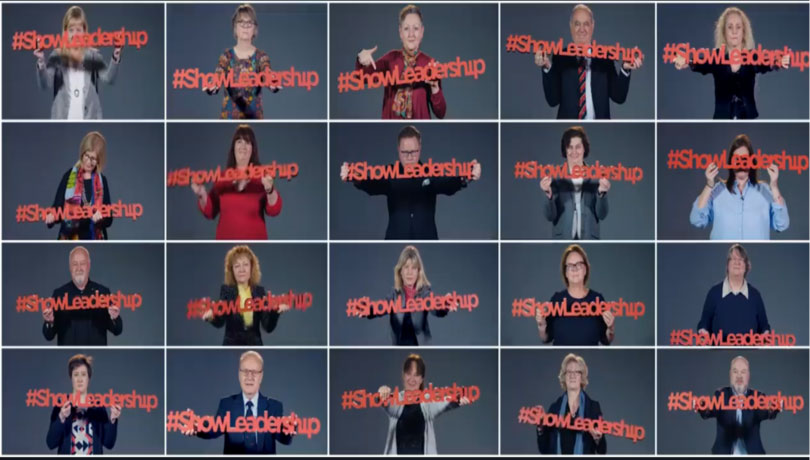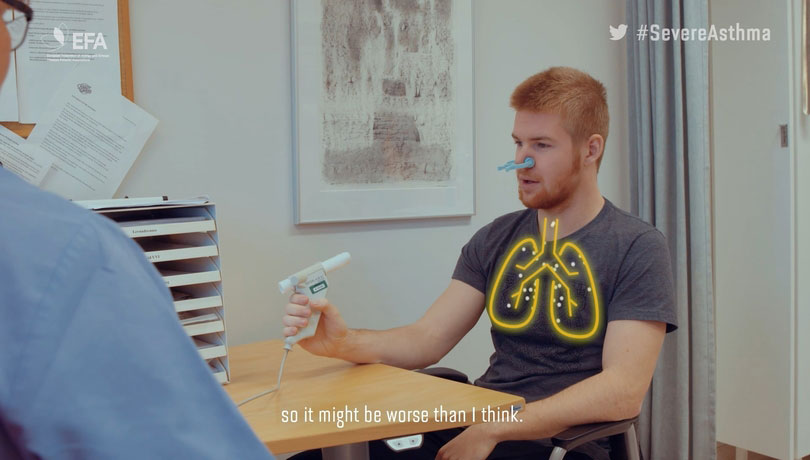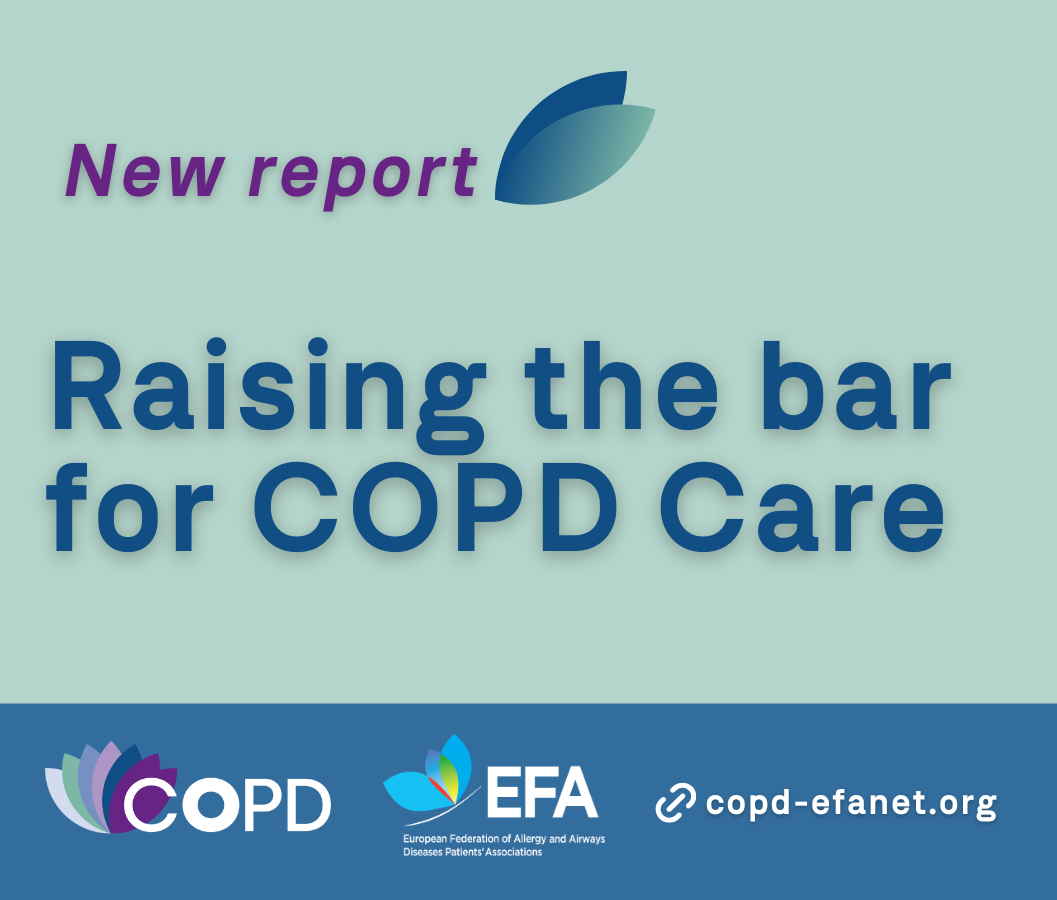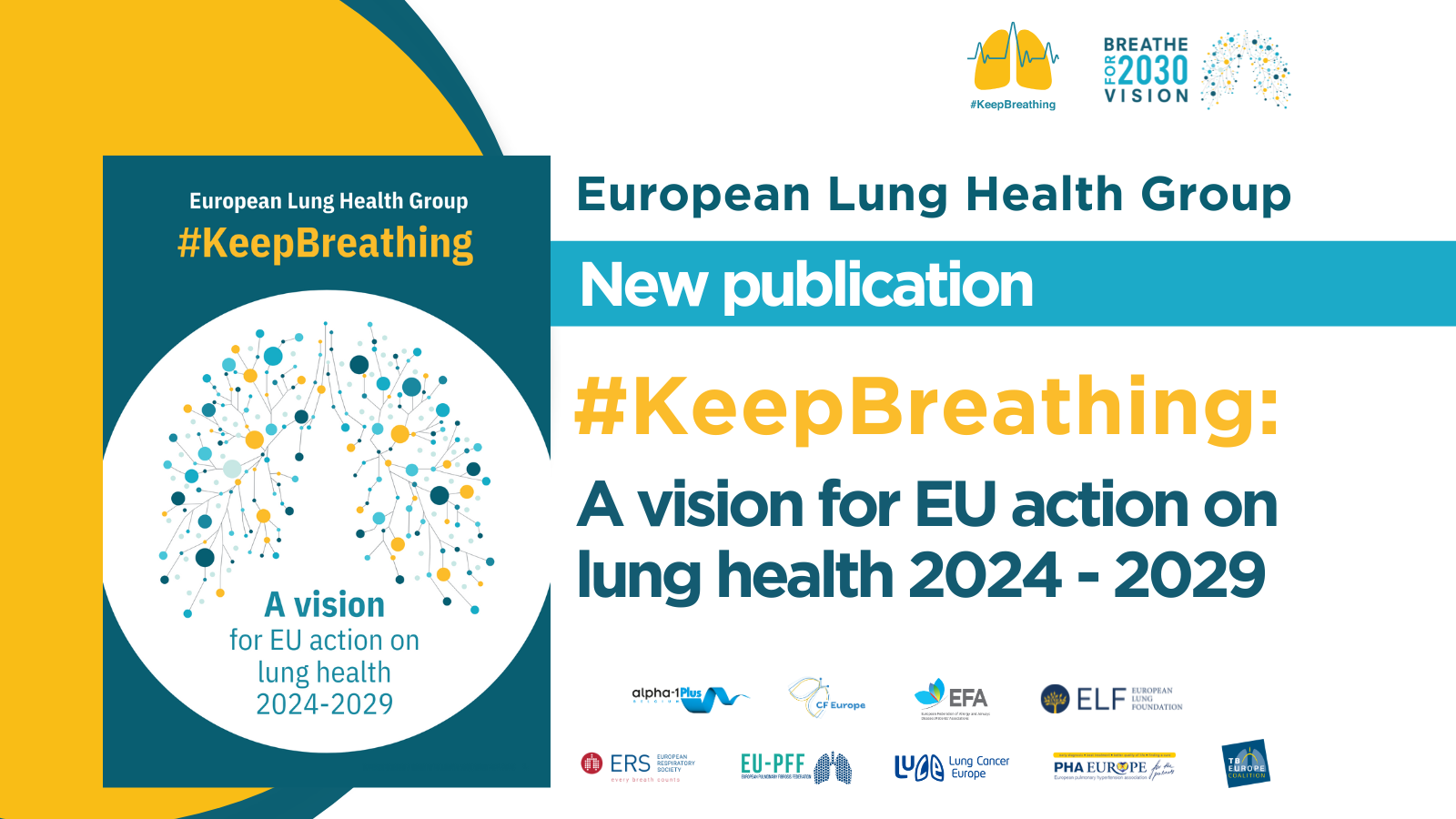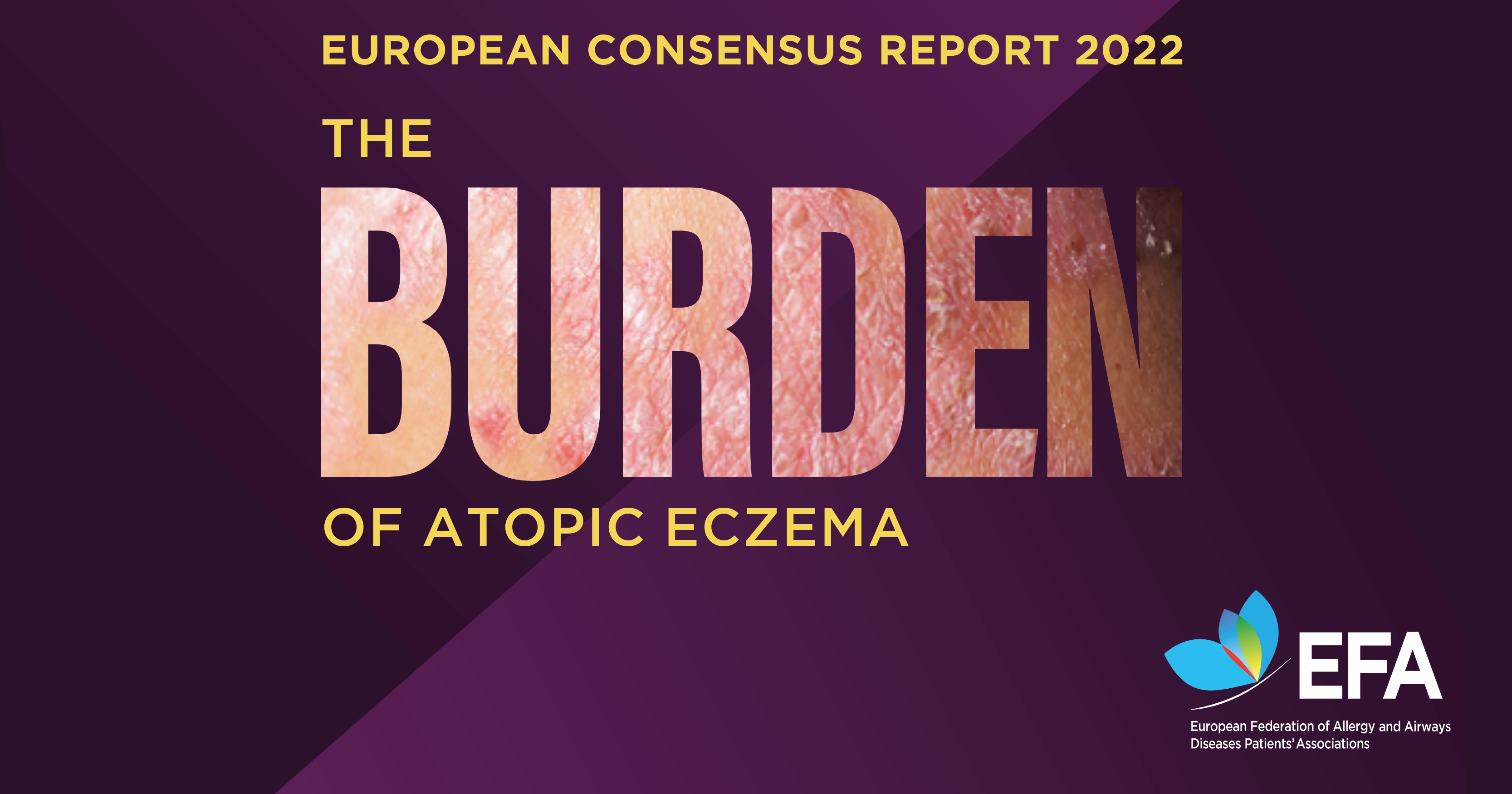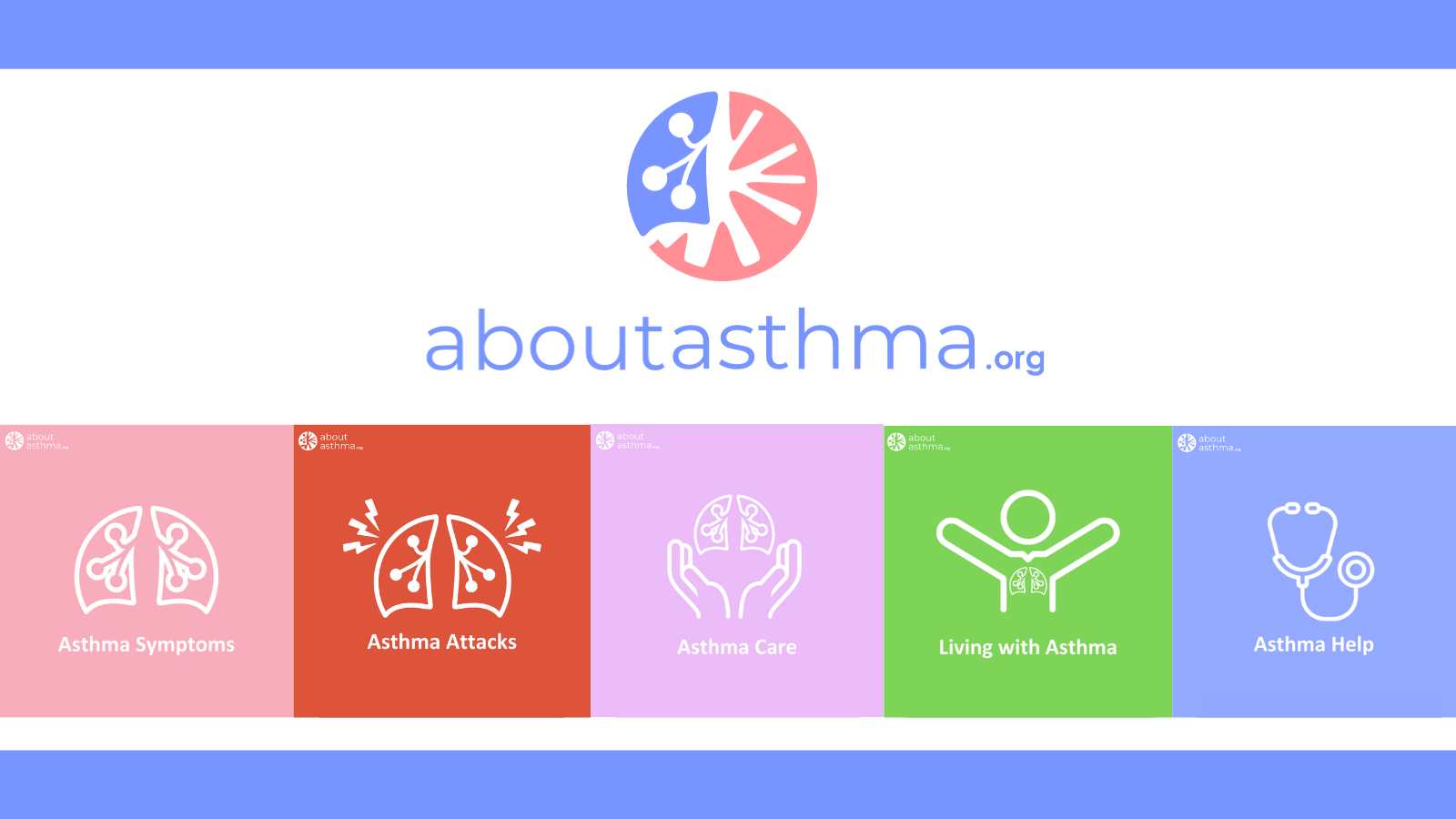Allergy often starts in childhood. MeDALL (Mechanisms of the Development of ALLergy)aims at improving the health of European citizens by investigating the mechanisms causing allergy. The project specifically seeks in improving early diagnosis, primary and secondary prevention strategies and the development of cost-effective treatments for allergic disorders.
Funded under the European Commission 7th Framework Programme (FP7), MeDALL developed a more accurate definition of allergic phenotypes and a comprehensive clinical approach to bring light on how a network of molecular and environmental factors can lead to complex allergic phenotypes. MeDALL specifically studied how those genomic and environmental determinants affect allergic patients during childhood and adolescence.
MeDALL consortium was formed by 23 partners from the public and private sector in order to gather leading experts in clinical allergy. Their collaborative work reduced fragmentation of allergy research in Europe.
EFA’s Involvement
EFA’s primary role in MeDALL was to disseminate project results among the European institutions and patients’ groups. Through our network of patients, we also brought patient views to create a customizable template that will serve to develop national allergy programmes in Europe. We were also involved in ethics and since January 2011, EFA Board Member at the time Per-Åke Wecksell was the patient representative in the MeDALL Ethics Advisory Board.
To date, we contributed to several dissemination tools:
- We have organised the MeDALL results symposium event at the European Parliament, called "Are Europeans developing more allergies: From research to policies".
- We have organised an event at the European Parliament “Does innovative research for allergy and respiratory disease in the European Union benefit patients?” and invited MeDALL consortium to present results to date. The outcomes of the event were then disseminated through a Press release and an Event report in patient-friendly language – June-July 2014.
- We have also contributed to several dissemination tools like the Press release on MeDALL Annual Meeting (February 2014), the Press release on MeDALL kick-off meeting (May 2011) and the project brochure.
Please visit MeDALL website to more information on the project. You might wish to consult MeDALL booklet and poster too.
